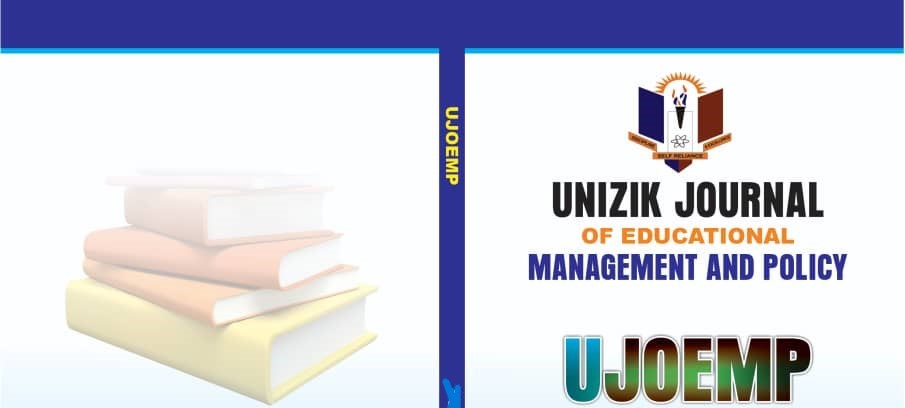Perceived Adequacy of Assistive Technology by Special Needs Users in Public Libraries in South-East, Nigeria.
Keywords:
Adequacy, Assistive Technology, Special Needs Users, Public LibrariesAbstract
This study seeks to ascertain the perceived adequacy of assistive technology by special needs users in
public libraries in South-East, Nigeria. two research questions and one null-hypothesis guided the
study. A descriptive survey research design was adopted for the study. A census sampling technique
which sampled the entire population of 449 respondents in the five public library headquarters in
South East Nigeria (Anambra, Abia, Imo, Enugu and Ebonyi) was adopted for the study. Instrument
for data collection was an interview schedule, validated by three experts, and having a reliability
coefficient value of 0.83. Descriptive statistics of percentage was used to answer research questions 1
& 2. The researcher and 5 research assistants interviewed the respondents (librarians and special
needs users)of the five public library headquarters in South East Nigeria. The null hypothesis was
tested at 0.5 level of significance; with the aid of chi-square (? 2). The findings of the study indicated
that public libraries in south-east are perceived to be adequate more on non-electronic assistive
technologies than electronic assistive technologies. Furthermore, public libraries in Anambra, Abia
and Imo states seems to be better-off with regards to adequacy of assistive technology for special
needs users. Based on the findings, it was recommended among others, that the findings of the study
was useful in guiding the librarians and ministry of education personnel, with the intention of
promoting adequacy of assistive technologies for special needs users in south-east, Nigeria.




